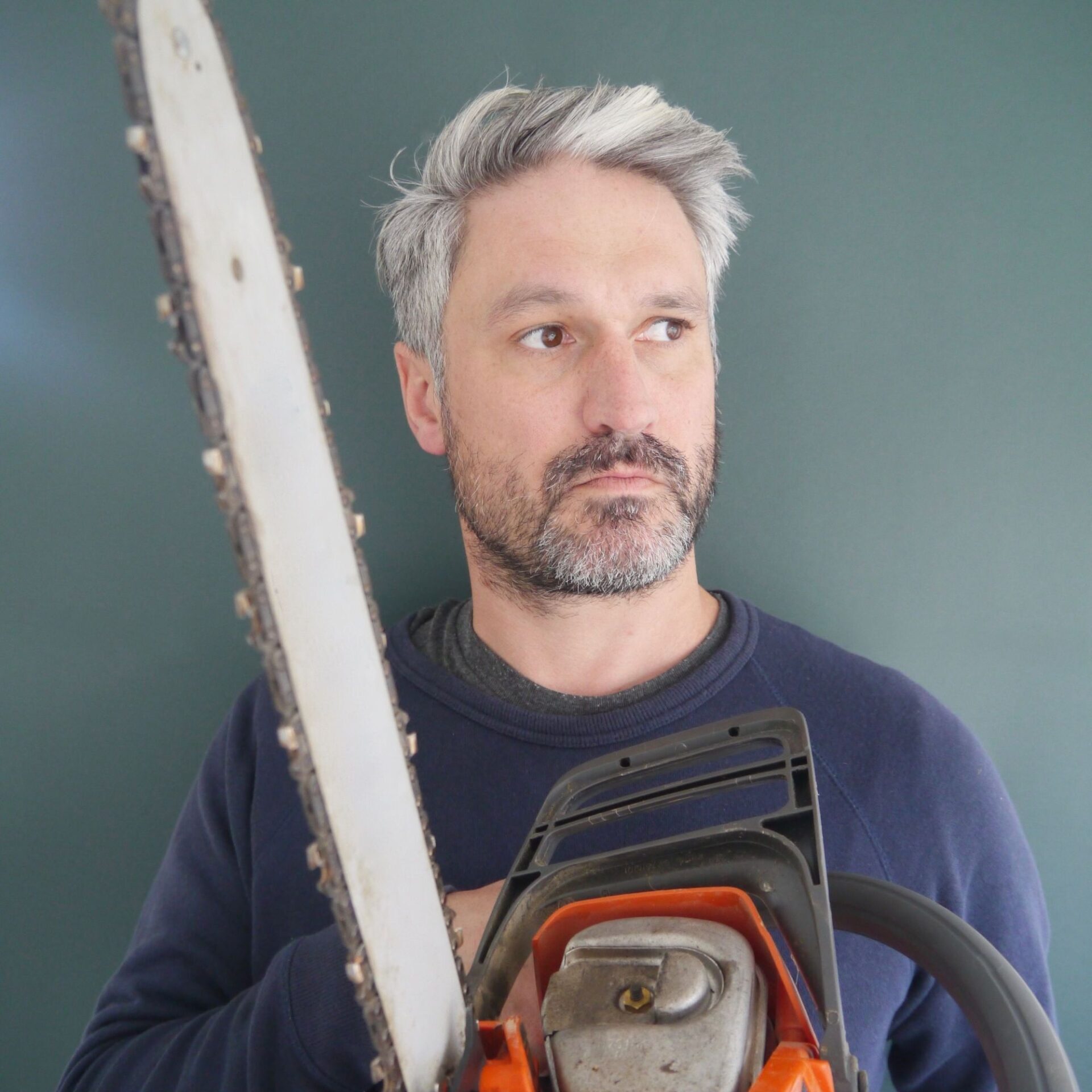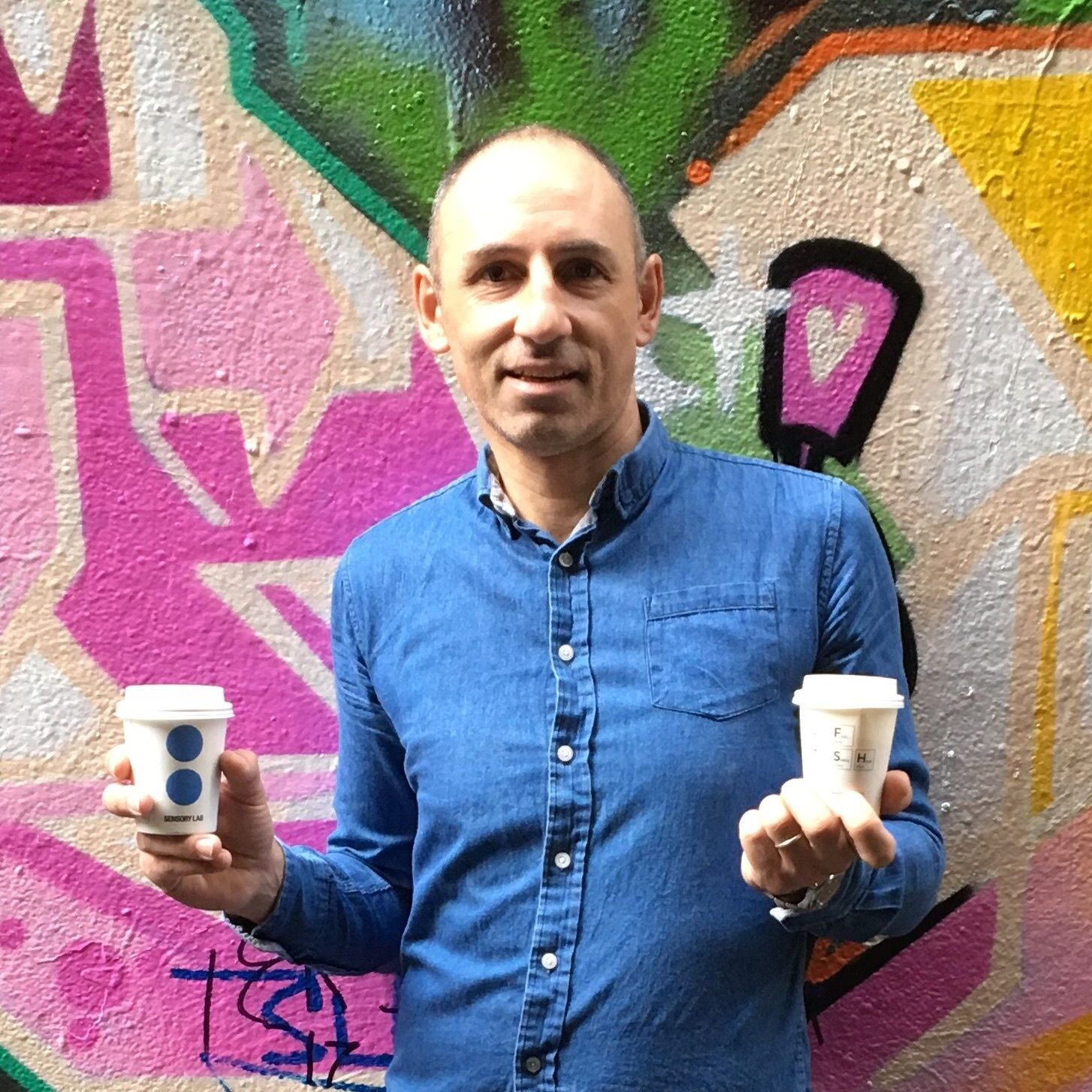

10 Years Of Hunter – Part 2
What would you have done differently over the last decade, if you could do it again?
Matt: Specialise from the get-go. We would be clear on who we were and what we were offering and not try to compete with the classic ad agency.
We would work on building partnerships. Smaller clients don’t always have the budget to spend so equity can be a great, mutually beneficial way of working. It’s a great way to build partnerships and show you’re in it for the long haul.
I would want to maintain a smaller team. This goes back to avoiding the agency approach and trying to hire to support that – rather than maintaining a smaller, more focused, more senior and specialist team, which is where we are now. We’ve always been the so-called ‘lead’ agency, and work hard to ensure there’s collaboration with other communications partners.
I would love to see Hunter make its own products. We’ve come up with a lot of great IP for clients who don’t always say yes to the ideas. We also have the relationships and industry knowledge we can leverage to make it happen – creating a new revenue stream for the agency based off work we’ve already done.
Simon: There’s a book called “Profit First” by Mike Michalowicz that I read in 2017 and it changed my thinking around the way we structure our finances. As per the title, you put ‘profit’ first. The financial formula changes from income – expenses = profit, to income – profit = expenses. It’s a brilliant financial model and I wish I’d read and implemented it earlier. Also recommend are Blair Enns’ “Win Without Pitching Manifesto” and his latest book “Pricing Creativity: A Guide to Profit Beyond the Billable Hour”. If we had read and implemented these earlier, it could have been a completely different business sooner.
I’d like to have seen us emphasise the value we create more. We started out quite traditionally working on a project fee, pricing based on who would be working on a project and for how many hours we expected it would take. Now we look at the value we create for a client. It’s a different philosophy but it’s a better way to assess the value of our services.
It’s probably typical of start-ups and the entrepreneurial mindset to do this, but in a do-over I would try to wear fewer hats and delegate more. The hazard of owning your own business is getting pulled in too many directions out of necessity – administration and IT are necessary but someone else can handle them to free you up to focus on big picture growth.
Lastly, I would have liked to take more time with hiring. When you’re scaling really fast, it’s like a rocket ship and you need people right away – it doesn’t always lead to the best or longest-lasting fits. Now we like to take the time to find the right people.
What lessons have you learned along the way?
Matt: Stay weird. As you become conservative, you lose your edge. Clients are attracted to you because your way of seeing is different to others.
Next: sell the bigger idea. No one wants to be sold a small idea. If there are two ideas to choose, from, choose the one that scares the hell out of you.
Don’t listen to the doubters. Avoid anything that sucks creative energy and remember that not everyone is a mind-reader. Communicate clearly and take things with a pinch of salt, it’s probably not personal.
Simon: We’ve learned to be more realistic. Pragmatism is a healthy counterpoint to our optimism and passion. Failure is a learning opportunity and we plan for the worst but expect the best.
We’ve learned to value what we do and the way we build brands. We’re in this to help clients create value and we’re doing it in really successful ways.
Third, you’ve got to be strategic and clear communicators. Once we put our strategic planning process down and were able to present it to clients, they were able to understand what we offered more clearly from the start of an engagement.
Lastly, define your own standards of success. Bigger isn’t always better, and we’ve become more comfortable in who we are as we’ve shed that mindset. I look back at the projects we’ve done and we’ve created huge value for our clients – that’s where I want to be successful. We are a customised service business model, so we need to reflect that in everything we do.